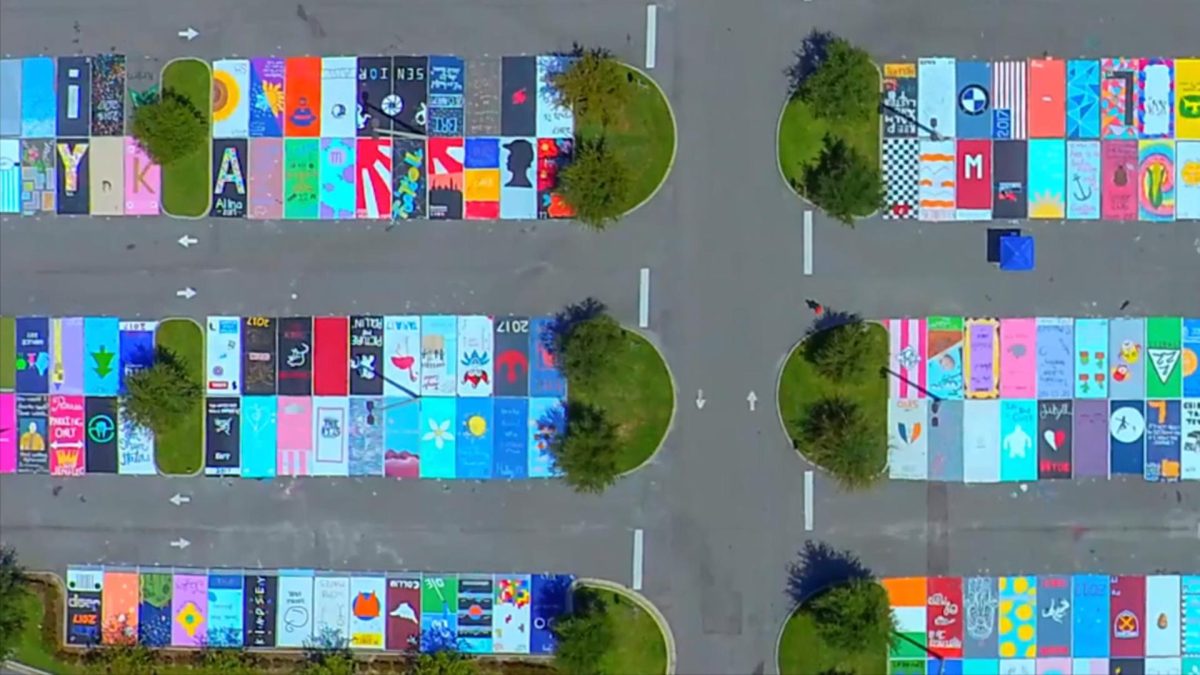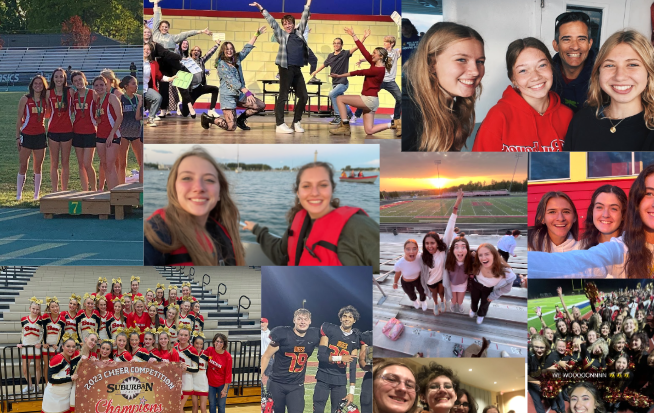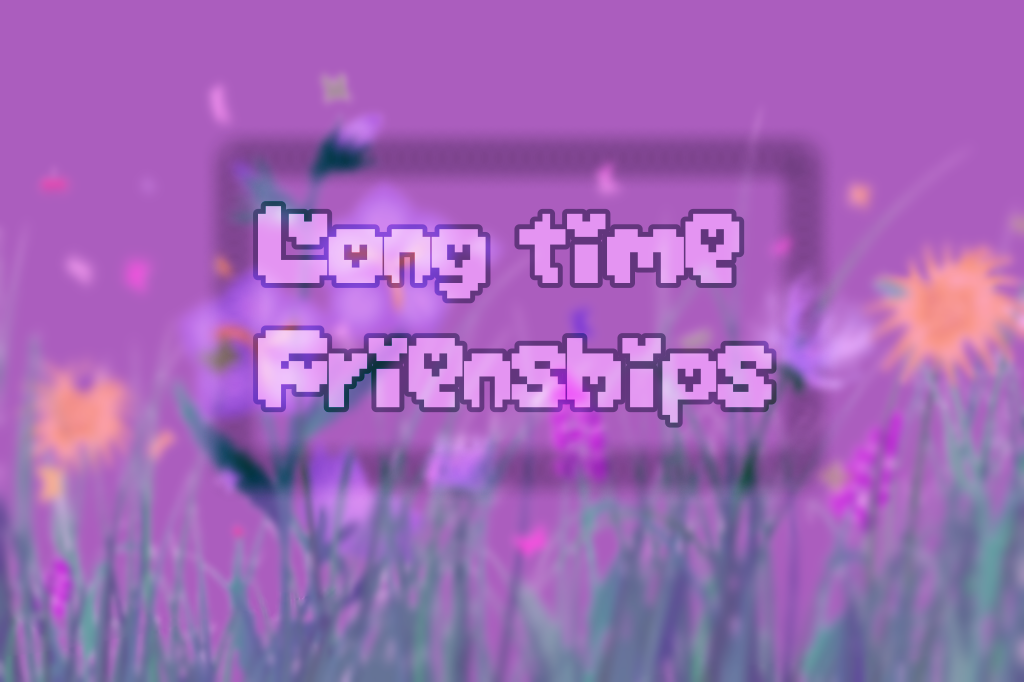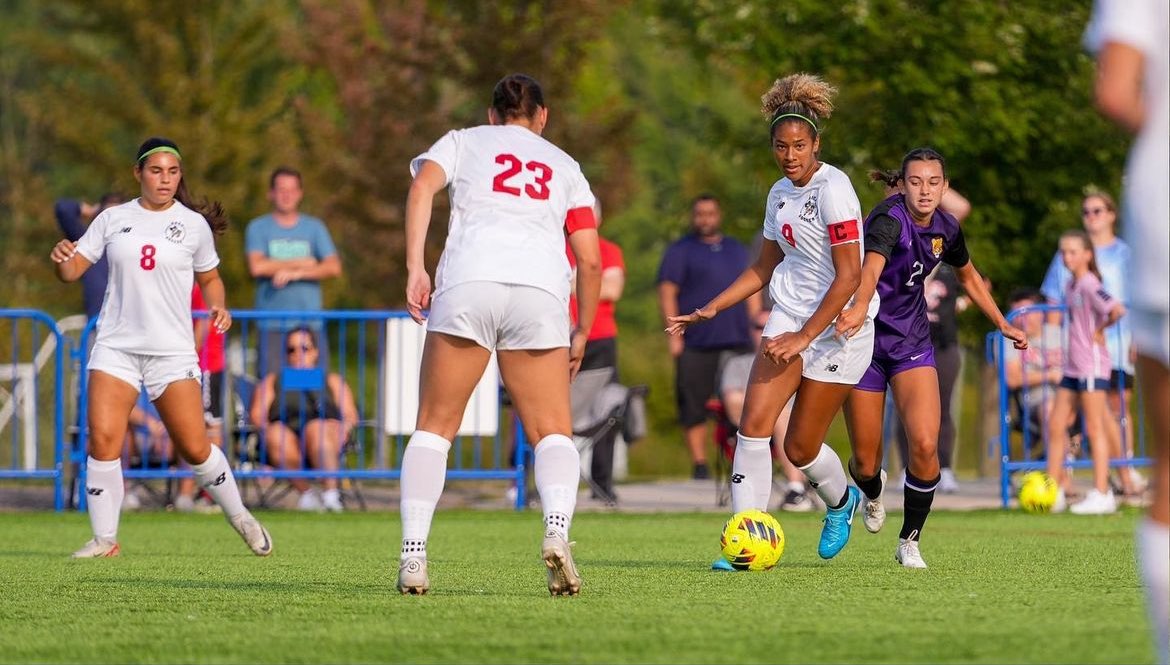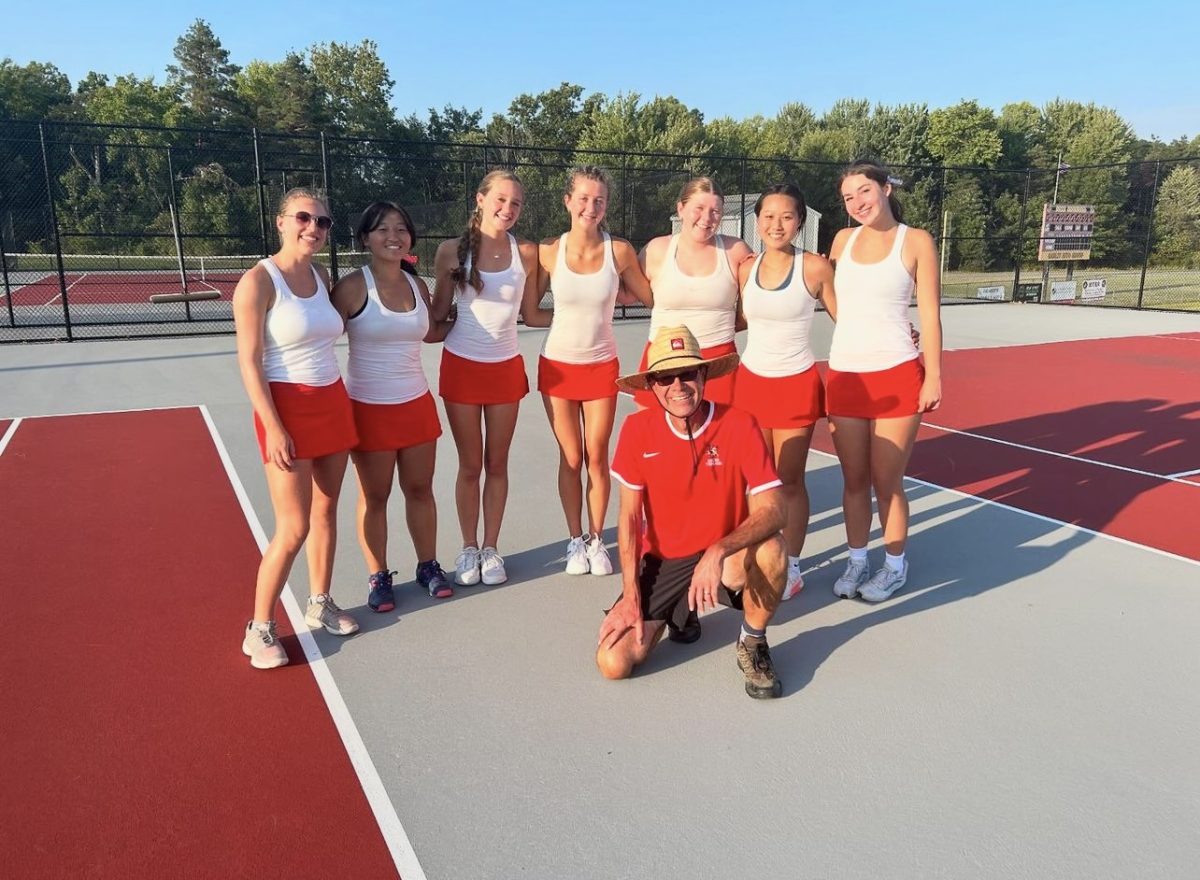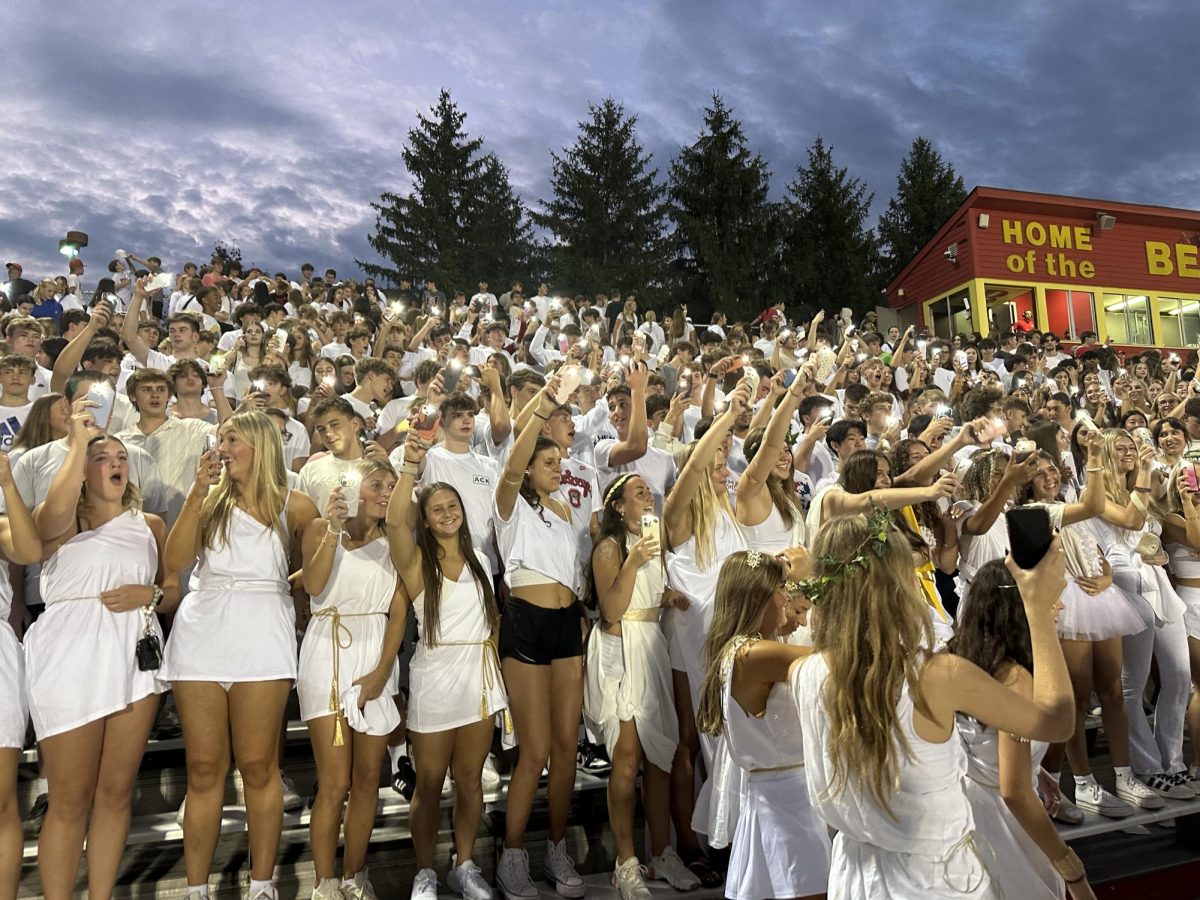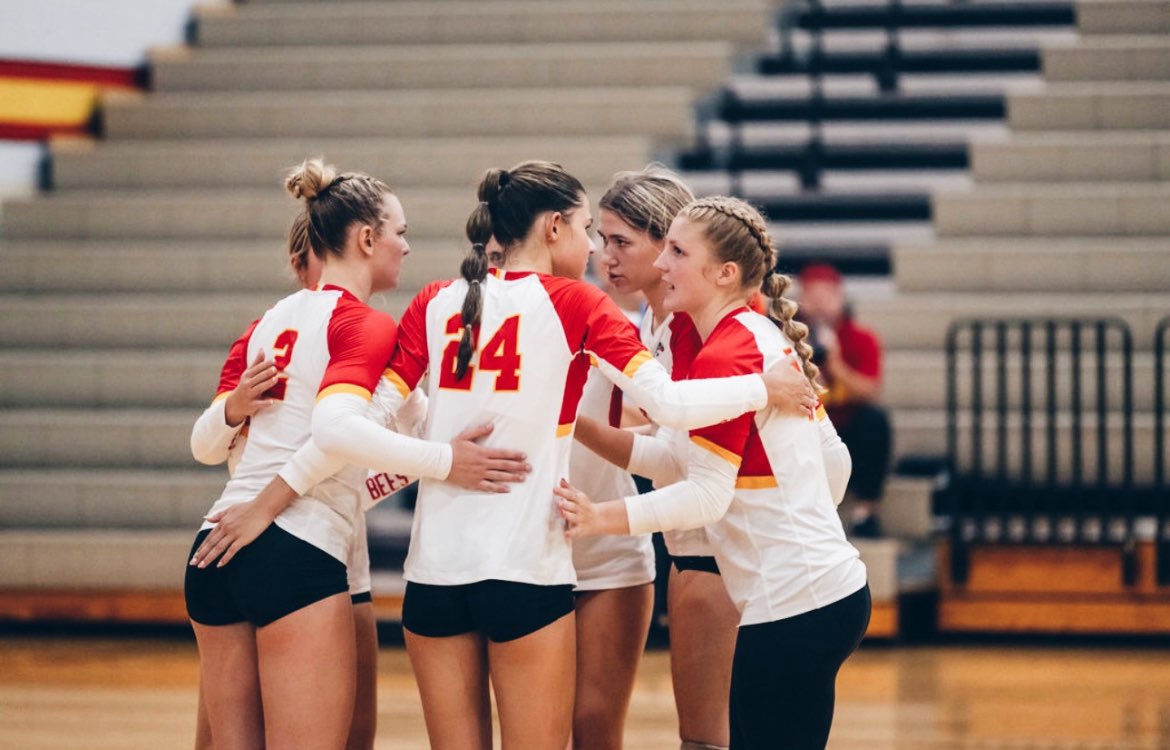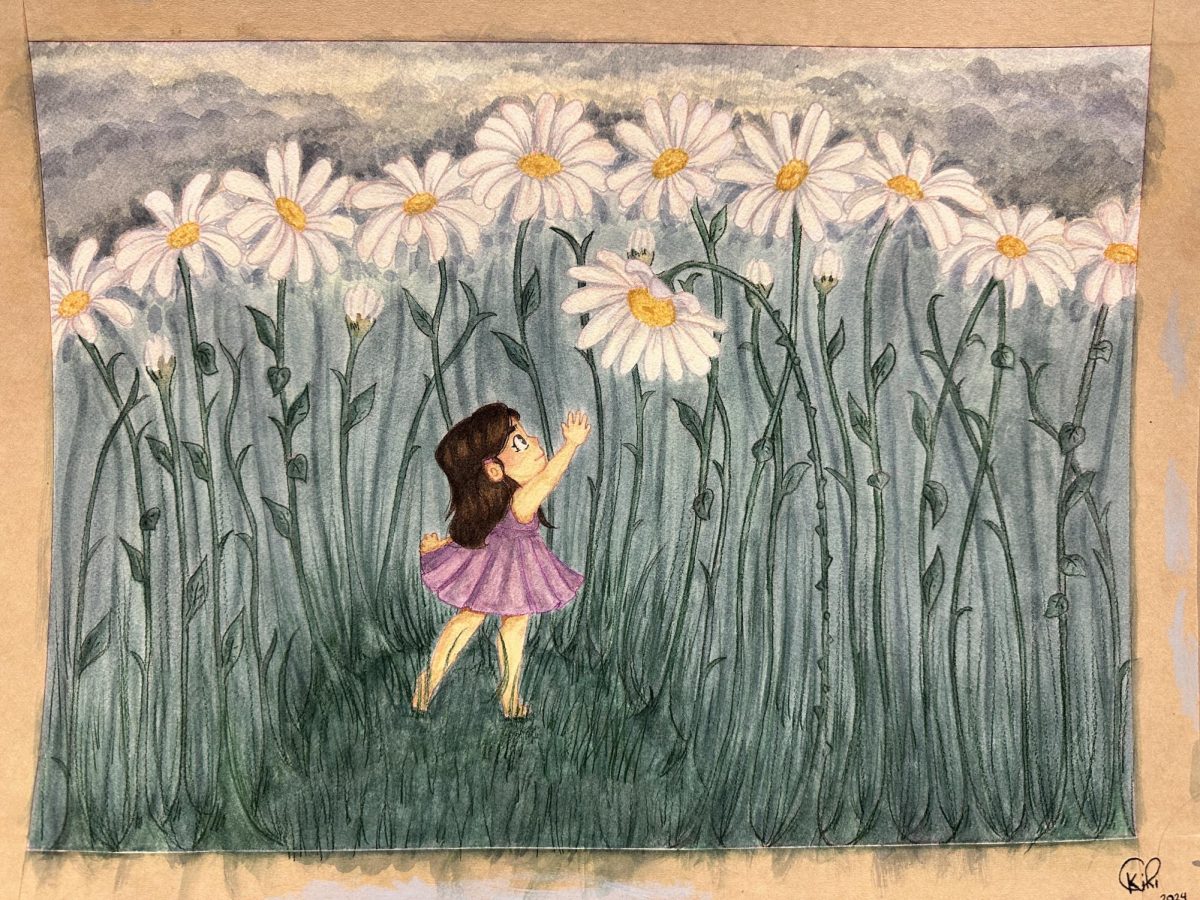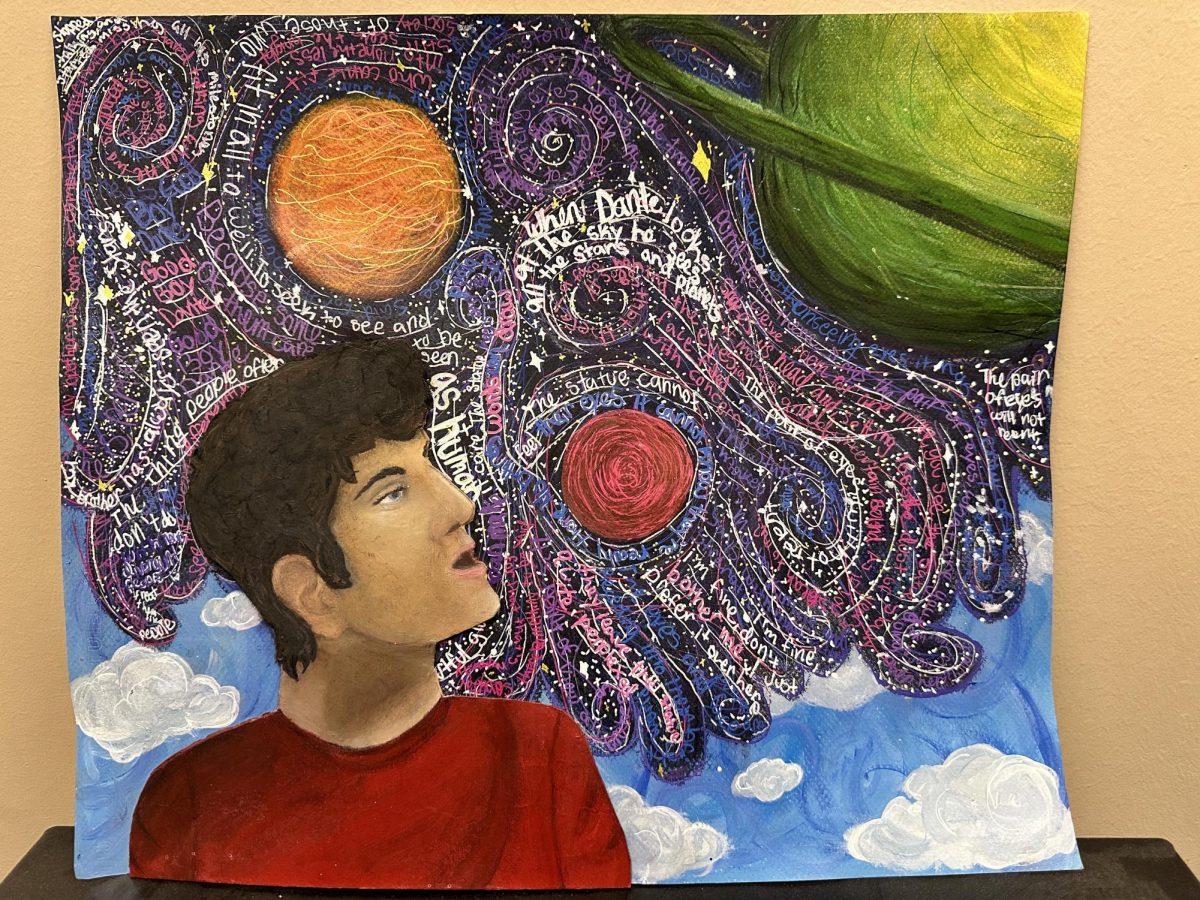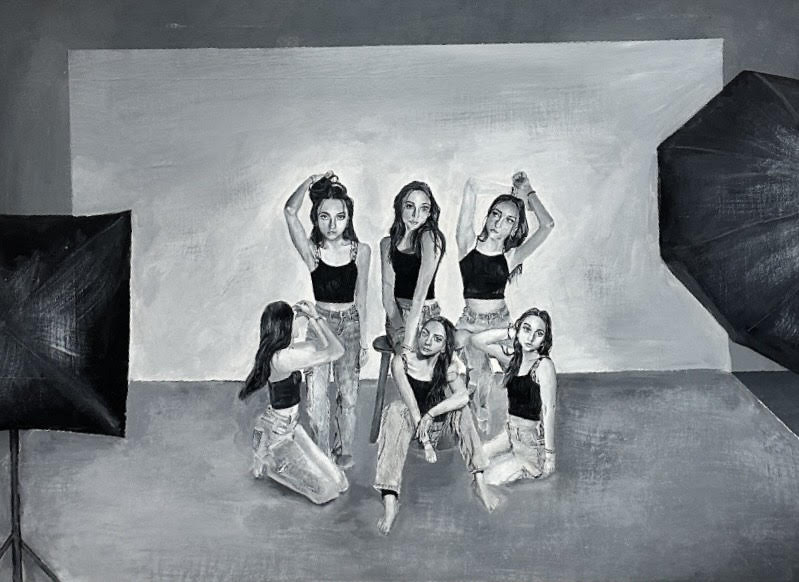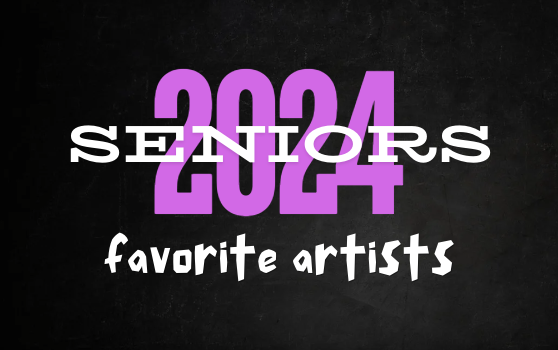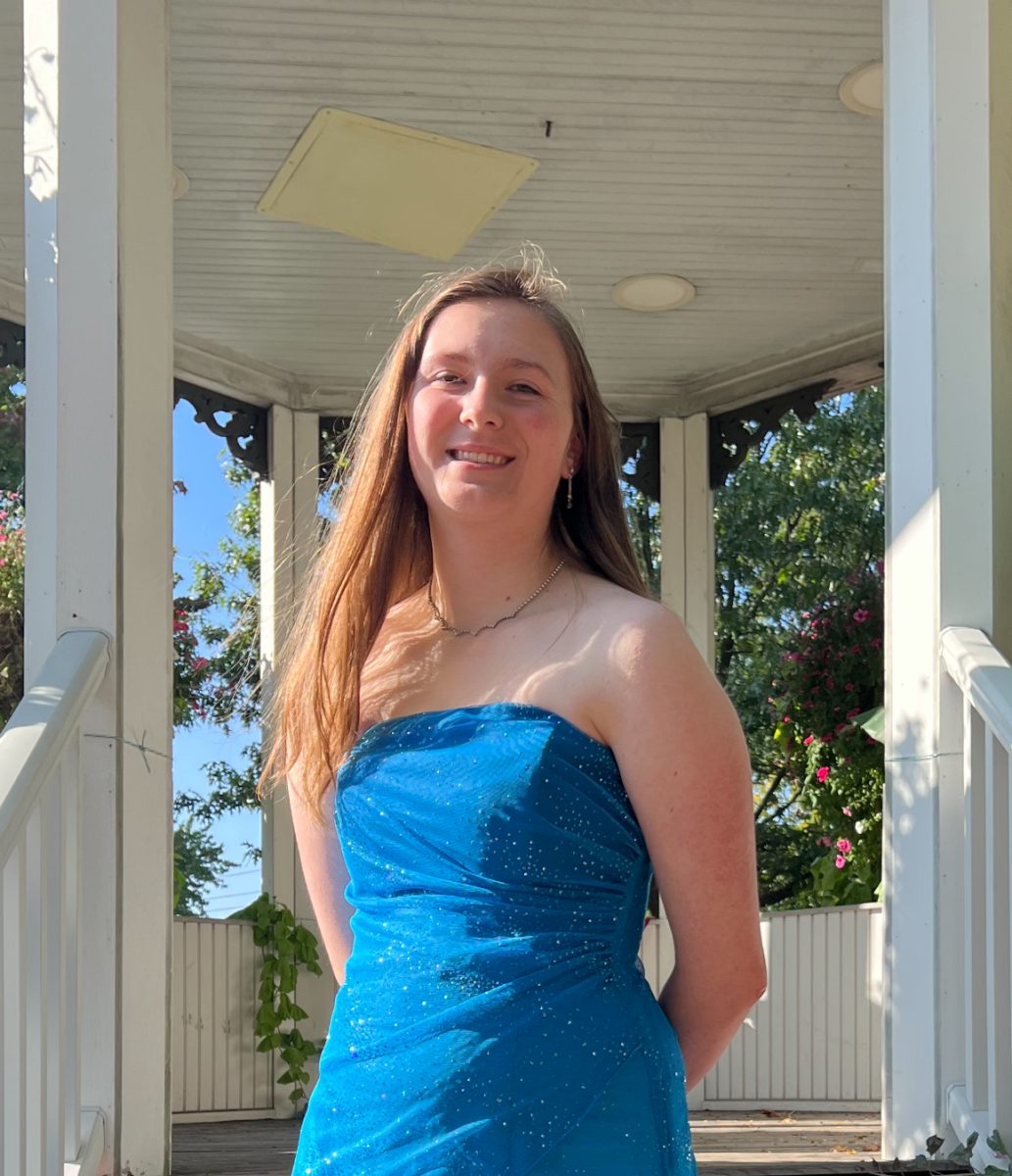BBHHS Counselors take on mental health
Teen mental health issues are on the rise and the school counselors are here to help
January 6, 2022
According to the National Institute of Mental Health (NIMH), 13.3% of adolescents between the ages of 12 to 17 have experienced a major depressive episode in their lifetime, which equates to 3.2 million American teens.
Talking about mental health can be an uncomfortable subject for most, and “too often we, as in the general population, we see little signs and brush it under the rug and that’s when things get lost in the mix,” said Halle Holub, an SEL school counselor at Brecksville-Broadview Heights High School for students in grades 9 to 11, with surnames from A to H.
Holub is a BBHHS 2009 alumna who earned her Masters of Education in school counseling at Cleveland State University. Ms. Holub also completed the Suicide Prevention/Crisis Intervention Certification from the Cuyahoga County Suicide Prevention Coalition and has trained through the ADAMHS board.
Holub specializes in the social emotional learning part while working in the guidance office. Social emotional learning is the process of developing the self-awareness, self-control, and interpersonal skills that are vital for school, work, and life success. “The goal is to push out Social Emotional Learning content. Our whole program is focused around social-emotional learning and the Ohio Department of Education adopted social-emotional learning standards so schools have to incorporate it,” said Holub when asked about the goal of social-emotional learning.
Taking care of the mind and body is key when it comes to high schoolers. As reported by Adolescent Wellness Academy, “Teens today are under significantly higher pressure to perform academically and in extra-curricular settings. School and other activities such as sports can be a huge source of stress and lead to mental health problems.”.
According to the CDC’s webpage on teen mental health, mental health problems often lead to other health risks like increased risk of drug use and higher risk of sexual behaviors that can lead to HIV, STDs, or unintended pregnancy and eventually, these behaviors could follow into adult years.
Medical News Today also stated on their website the negative effects of technology can lead to isolation, anxiety and depression.
“Technology makes it seem easy to do all these different things, but we all need to slow down a little bit,” said Holub, who agrees that technology does play a big part in mental illnesses around the world.
“Physical activity is something I think all students need, it’s like free therapy. The more you let your own mind stir about it, it’s just going to get worse,” said Holub adding “most mental health issues form because we are always comparing ourselves to others’ Instagram reels,”.
“The reason we struggle with insecurity is because we compare our behind-the-scenes with everyone else’s highlight reel,” said Steven Furtick, the founder and lead pastor of Elevation Church in Charlotte, NC.
Yet, social media doesn’t always seem to have a negative effect. “For some people, it causes anxiety, fear of missing out, and can affect self-esteem. For others, it allows them to connect with like-minded people and find the support they might need,” said Erin DiVincenzo, MS, LPCC-S Children’s Behavioral Health Specialist at the Alcohol, Drug Addiction and Mental Health Services (ADAMHS) Board of Cuyahoga County.
The ADAMHS Board of Cuyahoga Country states that they “work to ensure a system of high quality, person-centered programs and services are available to help people of all ages. This includes prevention programs, treatment services, and recovery support.”.
Talking about what schools can do to talk about mental health in a better way, DiVincenzo said, “Building a supportive, non-judgmental community that allows for conversation is a good way to communicate about mental health. It is important to also have resources available to connect someone to care if they need it.,”.
In fact, the BBHHS guidance office has a lot of useful sources for those who are struggling and need some help. If you’ve ever been in the guidance office and have seen the room that has a ton of comfy seats, that’s the school’s Zen Den. The Zen Den creates a healthy, positive, peaceful and meditative space.
In addition, the guidance office has many more resources to help those in need. Resources like on-site clinical counselor, on-site life/behavior coach, a virtual Zen Den on their website, group counseling services, individual school counseling services, crisis counseling services, 7 Mindsets Social/Emotional Curriculum and Lessons sent via google classroom every month and sent home through the counseling office weekly update emails, CAPA substance abuse services and the BIMASS universal mental health assessment are always available.
The guidance counselors at BBHHS hear you and they ask that you please reach out for help if you are ever struggling.
“Let yourself feel your feels and find somebody to help you feel resilient,” said Holub in hopes that someone who is struggling will reach out and let their voice be heard.
If you need additional support, you can connect with a crisis text at 741741 or call 216-623-6888.
